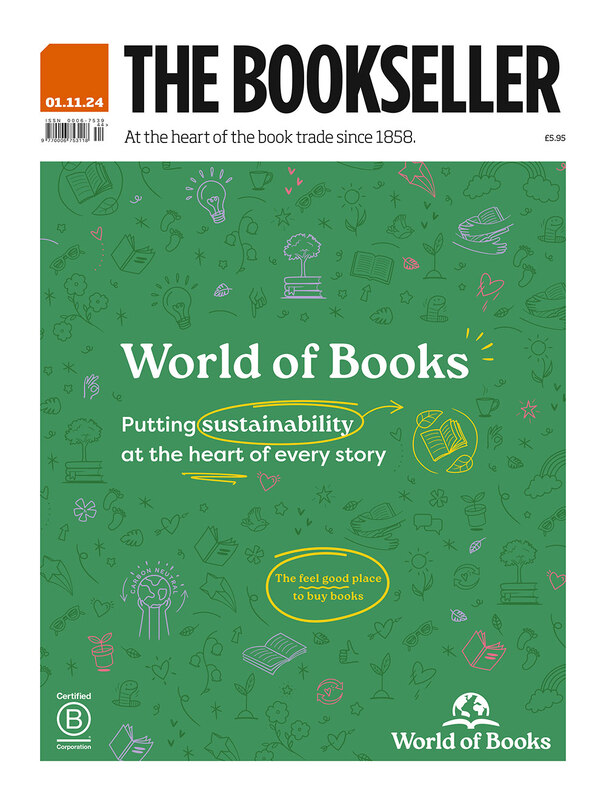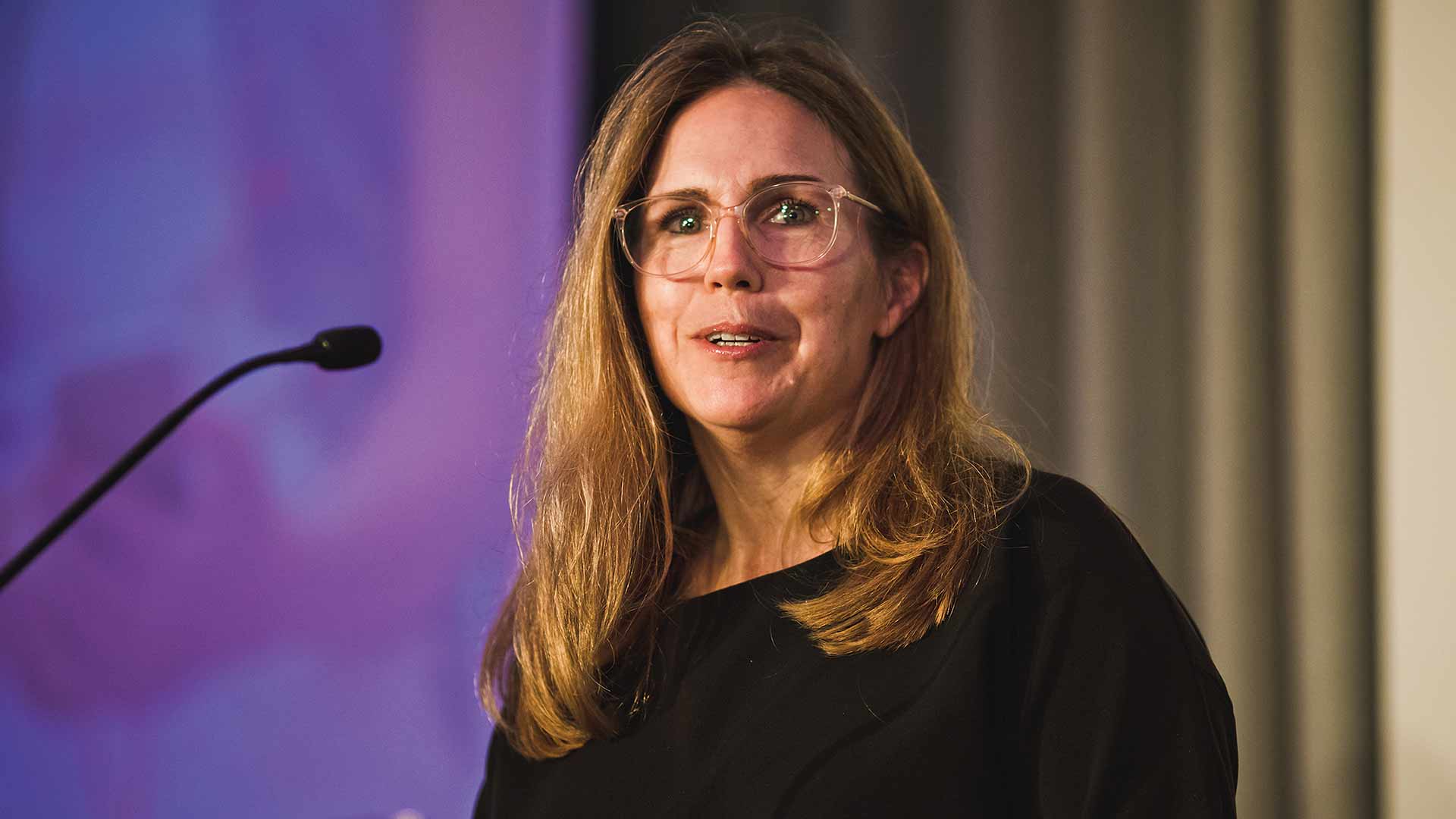You are viewing your 1 free article this month. Login to read more articles.
Surprise! The UK audiobook market stands at over £1bn
Available statistics on the UK talking books market vastly underplay its size, says Kelli Fairbrother, who calls for more investment and innovation in the sector.

Kelli is co-founder and CEO of indie audiobook platform xigxag. xigxag are making books more accessible, easier to enjoy and more ...more
The UK audiobook market blew past £1bn in 2023. It’s time to re-evaluate. Audiobooks have been the fastest-growing segment of books in the UK—by far—for more than a decade, delivering consistent 30%-plus year-on-year growth. And yet, it is still often perceived as a relatively small niche, estimating its value at £200m, a fraction of the overall market, easily overlooked and underfunded.
And although £1bn versus £200m feels like too big a disparity to explain away, it’s actually quite straightforward. Here’s how the maths works.
Let’s start with the well-recognised figure of £206m. That is the amount UK publishers made from audio content in 2023, based on invoiced sales reported by the Publishers Association in its annual Publishing in 2023 report.
The challenge with this number is it doesn’t show how much retailers made from this content. Total consumer spend defines the market size. Given Audible and Amazon’s dominance since 2008, publisher net receipts are likely to be less than half the total value of customer spend. This means that consumers actually spent over £400m buying content from UK publishers who report to the PA.
Next, consider that not every publisher reports sales to the PA. The reported figure excludes content sales for big-name audiobook publishers, not least Audible’s own publishing and self-published authors through its ACX arm. Given the surprising number of authors and publishers that remain exclusive to Audible, this is a big chunk of the market. Estimating market share is tricky, but a rather excellent Bookstat analysis from The Bookseller’s FutureBook 2019 conference suggests that the £400m figure comprises less than half of total audiobook sales. Incorporating total consumer spend for the missing publishers more than doubles the market size—to over £800m (actually, closer to £900m).
This £900m is then missing foreign (largely US-originated) audiobook content being bought by UK consumers. From our own experience, we estimate this to be approximately 20% of the total market. This adds more than £200m in publisher/retailer receipts, and takes the total market size to over £1.1bn. This conservative estimate also doesn’t fully capture the people listening to audiobooks through alternative channels such as libraries, YouTube and BBC Sounds.
Market size matters because the size of the opportunity dictates the amount of investment that goes into a sector. And, while we see some innovation happening in new technology and business models, for many big publishers and booksellers, audio still feels like an afterthought.
Consider a few examples: a recent prize-winning book not available in audio until after it won the award, audiobooks lagging print and e-book publication dates and barely available in time for review before going on sale, and “beautiful books” (highly illustrated ones) never making it into audio. Not to mention overstretched audio teams with little (or no) marketing support (or budget) dedicated to audio.
We need to start considering the audiobook opportunity in the context of compound interest. At 30% annual growth, UK consumers are likely to spend £1.5bn on audiobooks this year—not far off what Nielsen Bookscan estimated for all of print in 2023. Are they really getting enough of your team’s time and attention?
The stats:
£206m: Invoiced (not retail) audiobook sales of Publishers Association members, 2023
24%: Rise year-on-year in growth in PA members’ audiobook sales, 2023
£242m: Audible UK’s 2023 revenue, according to its Companies House filings
£24.4m: Audible UK’s 2023 profit after tax
$2bn: US publishers audiobook revenue in 2023 per the Audio Publishers Association (APA)














